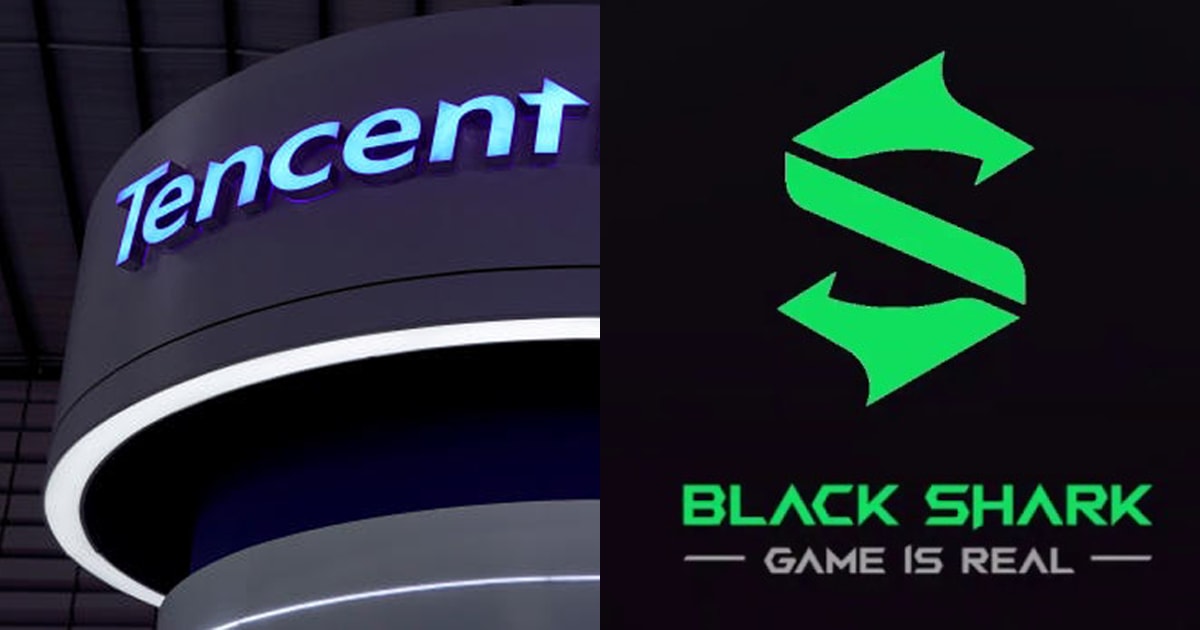Simulations inspired by quantum computing may accelerate production of high-end, yet hard to manufacture, electronic displays.
As enterprises continue to ponder practical uses for quantum computing, a resource expected to provide exponentially greater information processing power than generally available, a designer of advance materials is creating models and theories based on quantum computing that could improve the manufacturing cycle for organic LEDs (OLEDs).
OTI Lumionics designs fine chemicals for the electronics sector with a heavy focus on OLEDs, says co-founder and CEO Michael Helander. The makers of smartphones, monitors, laptops, and televisions use OLEDs for the electronic displays in many of their products. OTI is putting together a general-purpose, quantum-powered computational chemistry tool based on algorithms it developed. The company’s “qubit coupled cluster method” — adapted for quantum systems — runs custom-built, quantum algorithms on standard CPUs and GPUs. The company has been using the Azure Quantum platform in partnership with Microsoft.
As a material for electronic screens, OLEDs have promised high visual clarity, flexibility in form with curving and foldable screens, and can even be transparent. OLED screens can be very, very thin, thanks to not being backlit like other types of electronic displays, but for all their potential they are not exactly easy to make because of production complexities.
Though OLED technology is not brand new, it is not quite mainstream yet. At CES 2021 in January, LG Display showed off its transparent OLED technology with a 55-inch electronic display that could show information or play movies or television shows while also letting viewers see through the screen. Meanwhile, LG Electronics is the only current producer of OLED televisions, but the technology and material are also used by other manufacturers. For example, Samsung’s new Galaxy Z Fold3 5G phone features an active-matrix OLED (AMOLED) screen that does indeed fold in half.

One year ago, LG Technology Ventures invested in OTI Lumionics, though the amount has not been disclosed, to further OTI’s work and ostensibly speed production of devices with OLED screens. Raw materials for today’s electronics must meet very high specifications, says Helander, and OTI Lumionics uses quantum models to better address those demands.
“When you’re trying to design new materials or fine chemicals, you have a long list of properties that are required to solve a specific problem,” he says.
Such requirements for electronic displays can include making them brighter, more transparent, flexible, more efficient on energy consumption, or solve manufacturing issues that make them more expensive and limit production, Helander says. Though quantum computers are still in development, he says, OTI uses “quantum-inspired” systems and methods for its simulations to test fine chemicals and materials, a process that could take considerably longer through traditional means.
“Many large chemical companies and material companies that serve this space, their approach is to have a lot of chemists come up with a lot of ideas to make hundreds, or in some cases thousands, of variations and test all of them,” Helander says. Out of all those variations tested, perhaps one might meet all the criteria for production, which slows the delivery of new materials to market.
OTI Lumionics may be small, but Helander says its use of powerful tools gives the company the computational scale it needs to design materials. “If we can simulate the properties of materials in a computer more accurately, we can screen through large pools of potential candidates, pick only the top few percent that look good, and have those be tested,” he says.
AI and machine learning can also be layered in to speed up computing resources, but Helander says data continues to be the chief roadblock. “For hard problems, if we don’t have a lot of data, AI can’t do that much,” he says. Taking a chemical problem and simply mapping it as is to qubits and quantum computing was not efficient, however. “A lot of inefficiencies and poor scaling of classical compute methods unexpectedly came along for the ride when you use old standard theories,” Helander says.
That led to forming a new theory through computational chemistry to better take advantage of the quantum compute space, he says.
Even with theories, models, and simulations designed for quantum computing, attempting to run them on current quantum hardware posed challenges. “There’s a lot of deficiencies in the hardware and errors, poor connections between qubits,” Helander says. “We started developing a new set of algorithms where the underpinning of the algorithms was this new theory.”
Looking for near-term ROI, he says OTI found value in the algorithms and theory developed by the company. That led to using quantum simulator software to run the algorithm rather than on a standard computer with off-the-shelf software. “We like to describe this as quantum on classical hardware,” Helander says.
As quantum computing becomes more of a tangible reality, OTI expects to scale up its models with this resource. “Over time, as actual quantum hardware gets more mature, more qubits, lower error, we could start replacing one step in 10 with real hardware and the rest on the simulator,” he says, with a slow migration of the entire workload to quantum hardware.
Related Content:
Preparing for the Upcoming Quantum Computing Revolution
Demystifying Quantum Computing: Road Ahead for Commercialization
IBM Speaks on Growing Hybrid Cloud, AI, & Quantum Computing
Why Quantum Computing’s Future Lies in the Cloud
Note: This article have been indexed to our site. We do not claim legitimacy, ownership or copyright of any of the content above. To see the article at original source Click Here













